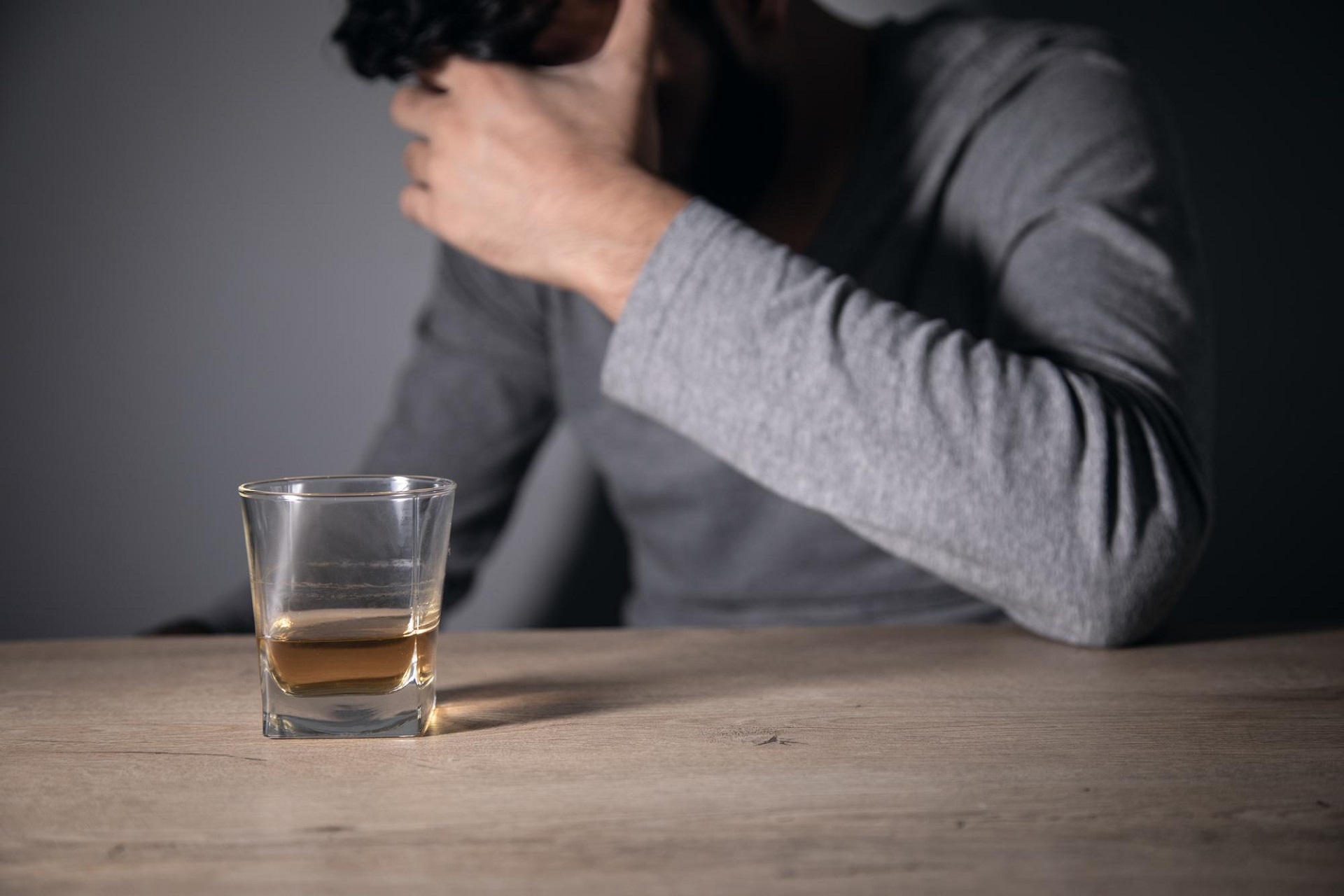No matter where you are on your path to recovery, one day, it will just happen: alcohol relapse. You may feel like your progress has gone to waste as thoughts of alcohol start taking over your mind.
Fortunately, there’s still time to put a stop to relapse. Here’s what you need to know to deal with the temptations of alcohol relapse:
What are the signs that you’re at risk of falling to alcohol relapse?
Alcoholic relapse is a gradual process. It builds up from a slowly growing set of symptoms, eventually culminating in a return to the same state of alcohol dependence prior to your recovery.
Here are some of the signs that you’re at risk of relapse:
- Post-acute withdrawal symptoms – You’ll feel the same symptoms you experienced in your first withdrawal like sleepiness, irritability, and forgetfulness. These symptoms return especially during very stressful situations.
- Self-isolation – Being with friends and loved ones suddenly becomes uninteresting or irritating to you. You now prefer to stay by yourself and immediately turn down invitations to social events.
- Loss of interest in recovery – When you first started recovering, you were eager and hopeful to achieve sobriety. Those sentiments, however, gradually faded, and you were no longer interested in making a full recovery.
- Losing track of routine and structure – You probably also established a systematic lifestyle for yourself earlier in your recovery, which recently started breaking down due to an apparent lack of focus or interest in maintaining it.
- Clouded judgment and decision-making – Your actions and choices have started to become illogical, and you’ve become frequently unsure of what to do.
No matter which symptoms are present, and how severe they are, the moment you experience one of them, you have to start defending yourself from relapsing.
How to avoid falling into alcohol relapse
When it comes to dealing with alcoholism relapse, prevention is the best cure. You have to create a strong system that proactively ensures that you stay on your path to recovery.
This involves planning and coordination with your family and friends to become successful.
Here are very effective ways of preventing yourself from falling into relapse:
- Coordinate with your loved ones. Discuss the best course of action when you feel the symptoms of relapse. Create emergency protocols for when the temptations become too overwhelming. Knowing that you have a safety net adds a level of assurance that you’ll triumph against relapse.
- Access a strong support system. Whether it’s family, friends, or support groups, establishing rapport with other people is fantastic for curbing relapse. If possible, make friends with people who are also undergoing recovery from alcohol so you can have someone to relate to.
- Learn how to manage your stress. Wherever you are in life, stress will always be present — it’s just a matter of managing it. Learning stress management techniques allows you to stay ahead of temptations.
- Take up a new hobby or interest. Diverting your attention to doing and learning something new is a very powerful tool against relapse. This gives you something transformative and positive to look forward to and takes you further away from alcohol dependence.
- Avoid places and objects that remind you of alcohol. When you’re early into your recovery phase, the phrase “out of sight, out of mind” is an important motto to live by. Stay away or steer clear of anything that makes you remember the pleasure of alcohol. For best results, ask your family and friends to help out.
What to do if the temptations still happen
Unfortunately, no matter how much you’ve planned to avoid temptations, they will somehow find their way into your lives.
Thus, besides finding ways to prevent getting tempted, it’s also crucial to plan what to do if you receive sudden urges to fall into relapse.
Such protocols should be short, straight to the point, and easy to execute on the spot. Some examples include:
- Call a friend or family member about your urges
- Leave or remove the trigger out of your sight immediately
- Take deep breaths and clear your mind
- Distract yourself with something fun or engaging
- Return your focus on whatever you were doing prior to the urges
The most effective technique is to remember that you always have a shoulder to lean on through your loved ones. Part of how relapse occurs is when you feel hopeless and alone. Always remind yourself that, no matter how hard the road to recovery is, your family and friends are there to help you in every step of the way.
Can I prevent relapse from ever happening again?
Relapse is a constant challenge to those recovering from alcohol dependence. It’s extremely difficult to overcome in the early stages of recovery. According to a 2011 study on addiction relapse, between 50-75% of patients recovering from alcohol abuse relapse within their 1st year of treatment.
The rate of relapse decreases over the years, but the challenge still remains. Hence, you must manage your expectations with your recovery and anticipate alcohol relapse as a recurring challenge of the process.
At the same time, sobriety is a goal that is still very much possible to achieve. Detoxing yourself from alcohol dependence is, in truth, an uphill battle. Stumbling on the way to the top is a natural part of recovery. Besides, if you’re struggling, it means that you’re progressing.
Fight alcohol relapse with professional treatment
Recovering from alcohol dependence is never a one-man job. It requires not only focus and dedication on your part, but also a thorough support system from your family and friends. However, if you do fall into relapse, you have to speak with a professional therapist who knows what to do when an alcoholic relapses.
At California Recovery Center, we believe that every individual has the strength to grow and overcome those challenges. Our therapists will be beside you through thick or thin on your path to recovery. We have custom-tailored outpatient programs to suit the unique needs of patients who want to recover while achieving a healthy work-life balance. Plus, we make sure that patients who completed treatment still receive support through our lifetime aftercare plans for alumni. Whether you’ve relapsed or want someone to talk to, we’ll always be there for you.
If you feel like you’re at risk of falling, or have already fallen into alcohol relapse, remember that you’re never alone. Our therapists and facilities here at California Recovery Center are always just a call away.




